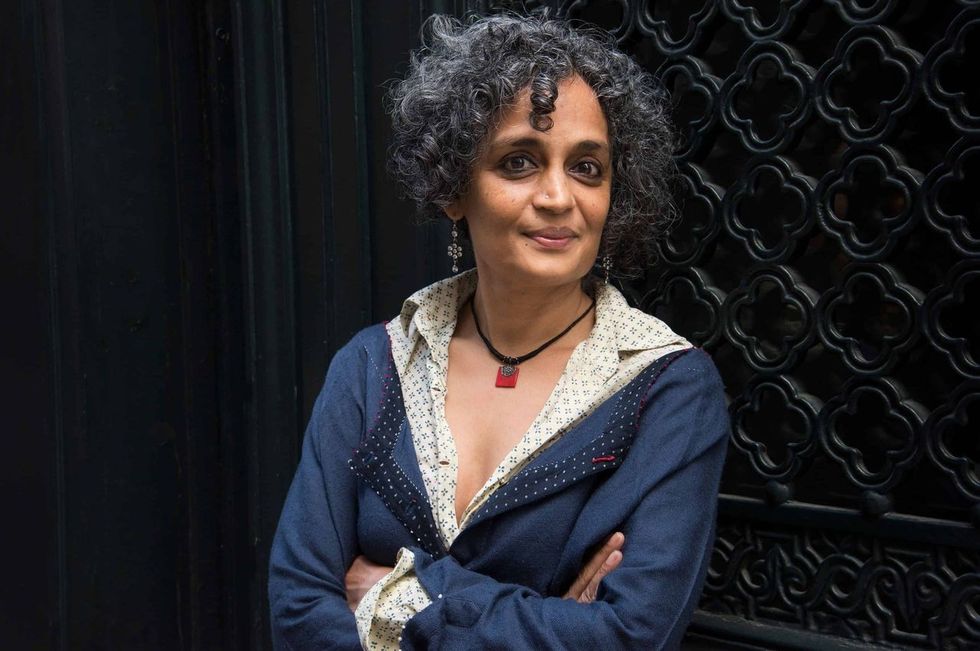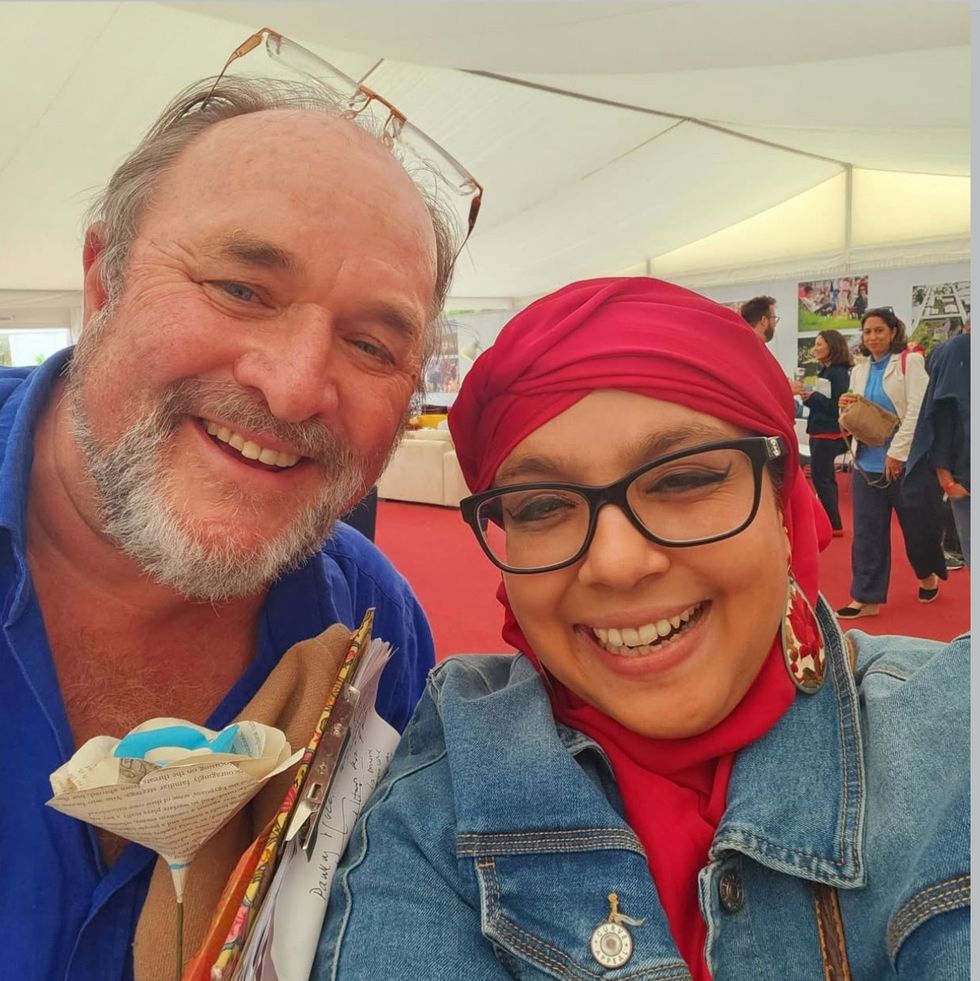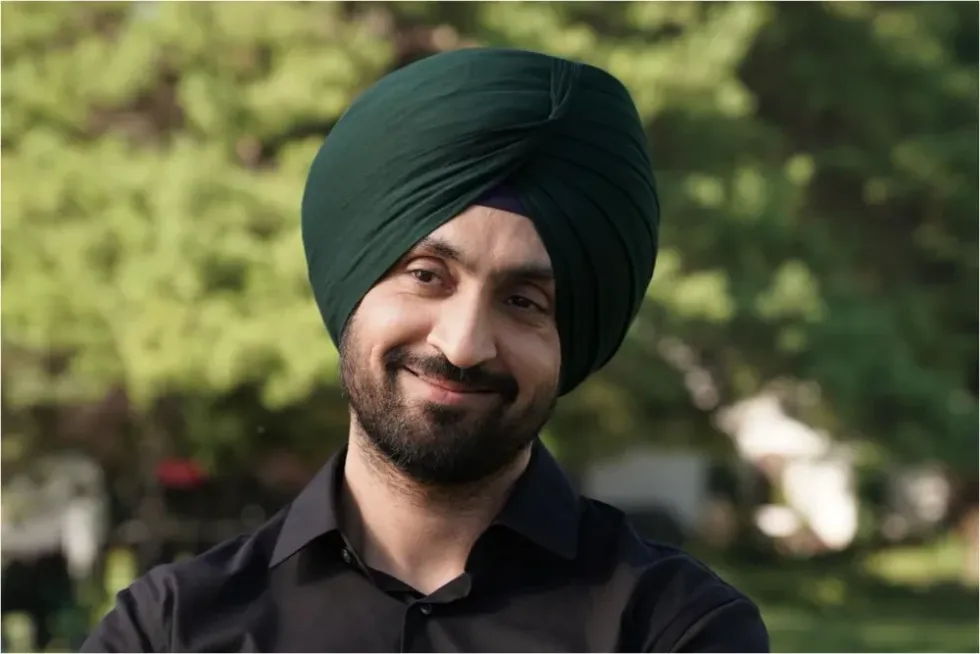by Imam MOHAMMED MAHMOUD
THE terror attack on two mosques in Christchurch last month, claiming the lives of 51 people, sent shockwaves across Muslim minority communities throughout the world.
Having just returned from New Zealand to take part in prayers and the funerals of those who died, I can guarantee many Muslims in London would have felt that it could very easily happen here.
Mosques are woefully underprotected, open spaces that anyone can enter. There is a feeling of unease within the Muslim community which only increases with recently reported incidents such as the vandalising of five mosques in Birmingham.
It is almost two years since my community in north London was subjected to an Islamophobic terror attack in which one worshipper, Makram Ali, lost his life. In the immediate aftermath of the incident, we were inundated with messages of support from across the globe. It was at that moment that I understood the uplifting and consoling effect sympathetic words and sentiments can have, especially from those so far away. This is why I felt it was important to visit the Muslim community in Christchurch in person, to show that despite the geographic distance, our hearts grieve together.
In Christchurch, there was a palpable sense of a city in mourning. From the Coptic Christian taxi driver who knew two of the dead personally, to the griefstricken nonMuslim hotel receptionist, to those who had come to pay their respects at the mosque, it was clear that everyone had been af fected by the attack. The tone of the response to the massacre was set right from the top when prime minister Jacinda Ardern powerfully said the victims “are us”, despite the fact that many were immigrants.
I had the honour and privilege to attend many of the funerals of those who had been killed. It was a sombre and dignified occasion as, rightly, walls were erected around the burial sites to give the families of the deceased privacy. As I stood there, I could not help but think I could be praying over my own congregation back home in the future, unless we start taking the threat of Islamophobia seriously.
How can we start to combat this trend of rising Islamophobia, and make our Muslim citizens feel safe in their houses of worship? First, there needs to be a marked increase in funding for security for mosques, beyond what was announced recently, that takes into consideration the high proportion – over half, according to most recent figures – of religious hate crime directed at Muslims. Second, the government should urgently adopt a working definition of Islamophobia and call it out wherever it sees it, even when that is difficult. And finally, there needs to be meaningful and consistent engagement with Muslim communities across the board. I was heartened to meet James Brokenshire, the communities secretary, at a memorial event recently – his commitment to tackling Islamophobia must be commended, and I hope he is able to take this work forward.
The culture of the nation at any given time is, to an extent, influenced by the tone set by its political leadership. Ardern engaged with Muslim communities in New Zealand with grace and authenticity, but we have only seen empty words of conciliation, followed by not much action, from parts of our own government when it tries to engage. This needs to change. Only then will we be able to prevent an attack similar to what took place in Christchurch occurring on our own shores.





 LONDON, ENGLAND - JUNE 22: Baroness Floella Benjamin speaks during the unveiling of the National Windrush Monument at Waterloo Station on June 22, 2022 in London, England. The photograph in the background is by Howard Grey. (Photo by John Sibley - WPA Pool/Getty Images)
LONDON, ENGLAND - JUNE 22: Baroness Floella Benjamin speaks during the unveiling of the National Windrush Monument at Waterloo Station on June 22, 2022 in London, England. The photograph in the background is by Howard Grey. (Photo by John Sibley - WPA Pool/Getty Images)









 Ed Sheeran and Arijit Singh
Ed Sheeran and Arijit Singh Aziz Ansari’s Hollywood comedy ‘Good Fortune’
Aziz Ansari’s Hollywood comedy ‘Good Fortune’ Punjabi cinema’s power-packed star cast returns in ‘Sarbala Ji’
Punjabi cinema’s power-packed star cast returns in ‘Sarbala Ji’ Mahira Khan
Mahira Khan ‘Housefull 5’ proves Bollywood is trolling its own audience
‘Housefull 5’ proves Bollywood is trolling its own audience Brilliant indie film ‘Chidiya’
Brilliant indie film ‘Chidiya’  John Abraham
John Abraham Hina Khan and her long-term partner Rocky Jaiswal
Hina Khan and her long-term partner Rocky Jaiswal  Shanaya Kapoor's troubled debut
Shanaya Kapoor's troubled debut Sana Yousuf
Sana Yousuf



 Shraddha Jain
Shraddha Jain Arundhati Roy
Arundhati Roy William Dalrymple and Onjali Q Rauf
William Dalrymple and Onjali Q Rauf Ravie Dubey and Sargun Mehta
Ravie Dubey and Sargun Mehta Money Back Guarantee
Money Back Guarantee Homebound
Homebound Guru Dutt in Chaudhvin Ka Chand
Guru Dutt in Chaudhvin Ka Chand Sarita Choudhury
Sarita Choudhury Detective Sherdi
Detective Sherdi